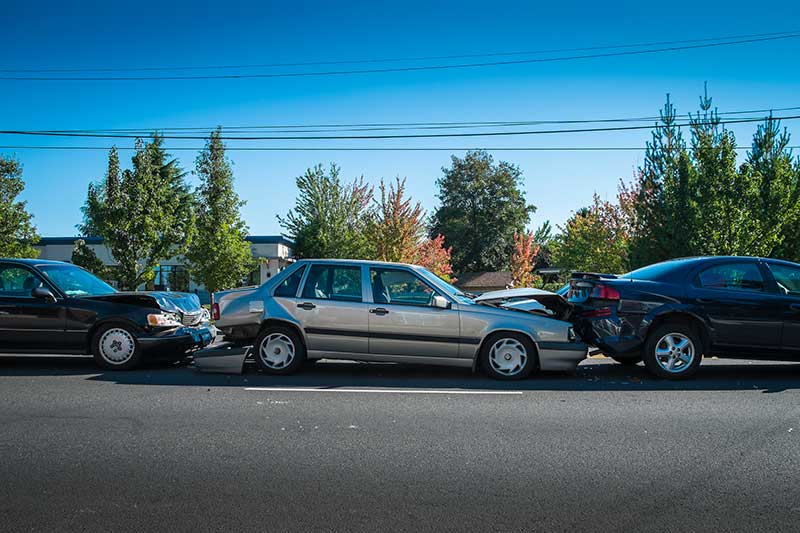Navigating the legalities of a car pile up
Determining who is liable in a car pile-up accident can be complicated due to the number of drivers involved. It is possible that more than one party is liable in a multiple car crash, depending on the negligent actions that caused the collisions.
How does the sequence of events relate to the accident?
Sometimes one car initiates a chain reaction. As an example, let’s say the driver of an SUV was texting and not paying attention while driving. The driver slams into the jeep ahead of them. As a result of the abrupt collision, the pickup truck behind the SUV crashes into the SUV. A sedan behind the pickup truck collides into the pickup truck. By determining the act of negligence that started the chain reaction, courts can decide who was most at fault.
In some pile up accidents more than one driver was also at fault. For example, the pickup truck driver was speeding. In such cases, the court would assign a percentage of fault to each party.
How does the degree of fault work with an insurance company?
In Texas, if you were more than 50 percent at-fault in causing the accident, your insurance company would cover the damages for all parties. Texas drivers must carry a minimum coverage of $30,000/$60,000 for bodily injury liability and $25,000 in property damage. If another driver was more than 50 percent at-fault, their insurance company would have to cover the other parties’ damages. If you were at-fault, if your policy covered medical payments or personal injury protection, your insurance company would cover your damages. Your policy limits would determine the extent of your damages that your insurance company would cover.
Do you need legal help determining who is liable in a car pile-up accident?
The Law Office of Michael R. De La Paz has extensive experience helping victims recover compensation in all types of vehicle accidents. We assist clients statewide throughout Texas, including Port Aransas, Corpus Christi, South Padre Island. We also provide representation nationwide in states such as California and Oklahoma. Arrange a free consultation today to evaluate your potential case


Recent Comments